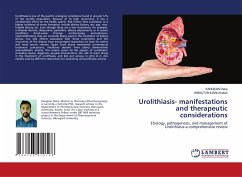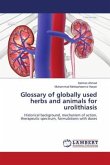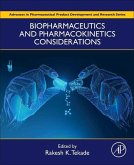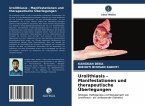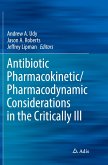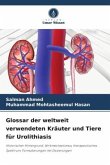Urolithiasis is one of the painful urological conditions found in around 12% of the world's population. Because of its high recurrence, it has a considerable effect on the health system. Risk factors that contribute to a higher incidence of stone formation include dietary factors, sex, age, race, familial history, etc. Even though there are a few treatments, for example, a thiazide diuretic, allopurinol, painkillers, dietary adjustments, or in severe conditions shock-wave therapy, ureteroscopy, percutaneous nephrolithotomy that are currently being used in the treatment of kidney stones, the side effects associated with these treatments and the recurrence of the disease have encouraged researchers to look for better and more secure choices. Apart from above mentioned conventional treatment procedures, medicines derived from plants demonstrate antiurolithiatic activity. This review covers all the aspects of urolithiasis, including causes, diagnosis, surgical interventions, the roleof plant drugs in the treatment of urolithiasis, and lists out various in vitro & in vivo models used by different researchers for evaluating antiurolithiatic activity.
Hinweis: Dieser Artikel kann nur an eine deutsche Lieferadresse ausgeliefert werden.
Hinweis: Dieser Artikel kann nur an eine deutsche Lieferadresse ausgeliefert werden.

